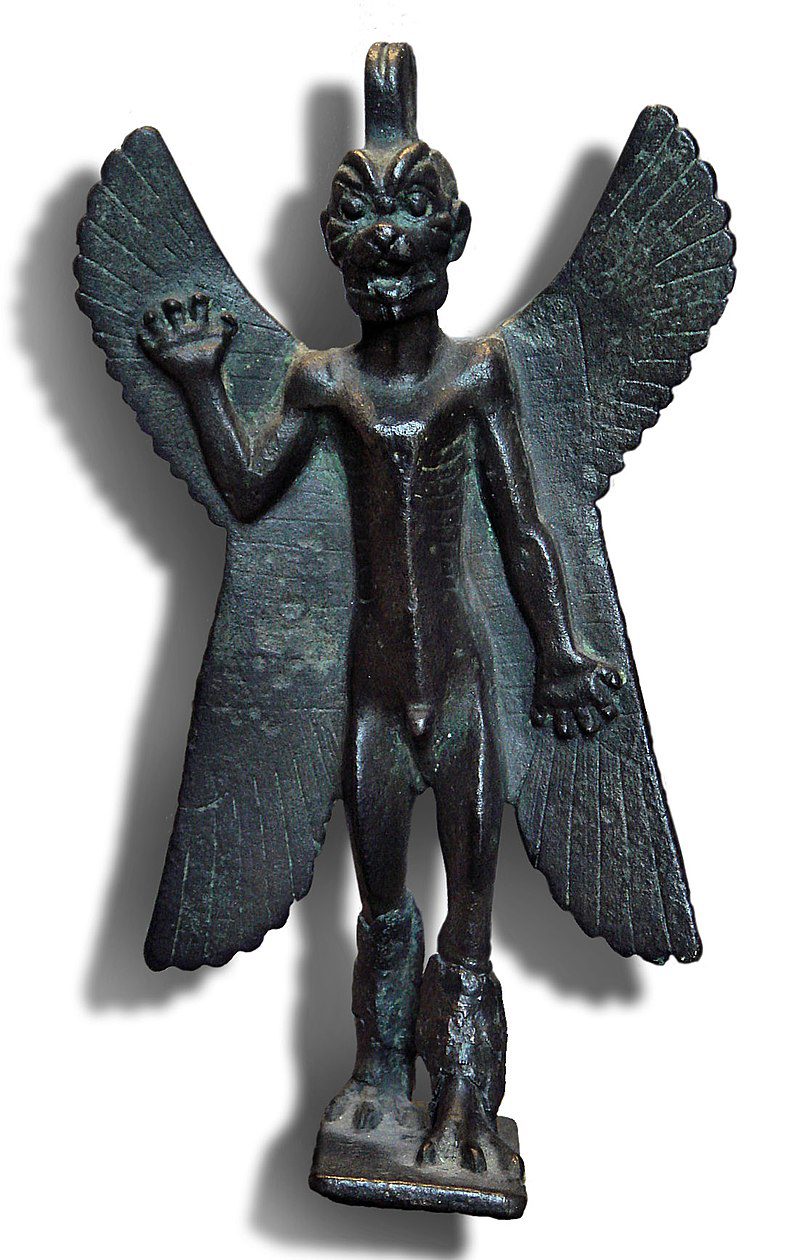The article explores the strengths and weaknesses of angels and demons in various religious contexts. In Christianity, angels are messengers of God and are associated with good, while demons are fallen angels who rebelled against God and represent evil. Both possess supernatural powers and have a profound effect on human lives, but also have weaknesses that make them vulnerable to opposing forces. In Islam, angels and demons also exist with similarities and differences in their roles and characteristics. In Hinduism, Devas and Asuras represent good and evil forces respectively, with similarities to angels and demons in their roles and abilities.
Angels vs. Demons: Examining the Strengths and Weaknesses of Mythical Beings in Christianity and Other Religions.
Introduction
Mythical beings have captured the imaginations of people from various cultures and religions around the world. Angels and demons are some of the most iconic and widely recognized of these mythical beings. They appear in religious texts, art, literature, and popular culture. In Christianity and other religions, angels and demons are believed to be supernatural entities that have profound influence on human lives. They are portrayed as polar opposites, with angels being associated with good and demons with evil. In this article, we will explore the strengths and weaknesses of these mythical beings in various religious contexts.
Angels in Christianity
In Christianity, angels are believed to be messengers of God who serve as intermediaries between heaven and earth. They are often depicted as beautiful, winged beings who protect humans from harm and carry out God’s will. Angels are considered to have many strengths, including divine knowledge, supernatural powers, and unyielding loyalty to God. They are also said to be immortal and incorporeal, meaning they have no physical form. However, angels are also believed to have weaknesses. They are said to be prideful and can fall from grace, as evidenced by the fall of Lucifer, who was once an angel but was cast out of heaven for rebelling against God.
Demons in Christianity
In contrast to angels, demons are believed to be fallen angels who rebelled against God and were cast out of heaven. They are associated with all things evil, including temptation, sin, and spiritual warfare. Demons are often depicted as malevolent beings who seek to harm humans and lead them astray from the path of righteousness. They are believed to possess supernatural powers, such as the ability to possess humans and control their actions. However, demons are also believed to have weaknesses. They are said to be vulnerable to the power of prayer, the protection of angels, and the will of God.
Angels and Demons in Islam
In Islam, angels are also believed to be messengers of God who carry out his will. They are seen as beings of light and are often depicted as beautiful, winged beings. Angels are also believed to have different roles, such as recording deeds and announcing the Day of Judgment. Similarly, demons in Islam are believed to be beings of fire who seek to lead humans astray from the path of righteousness. They are believed to be led by the Iblis, the equivalent of Satan in Islam. While angels and demons have similarities in Islam and Christianity, there are also some differences in their roles and weaknesses.
Angels and Demons in Hinduism
In Hinduism, mythical beings are known as Devas and Asuras. Devas are good beings who represent the forces of light and order, while Asuras are malevolent beings who represent the forces of darkness and chaos. While not directly equivalent to angels and demons in Christianity, there are some similarities in their roles and characteristics. Devas are often associated with the power of the gods and are believed to have supernatural abilities, while Asuras are associated with demonic powers and are often seen as enemies of the gods.
Conclusion
Mythical beings have been a part of human culture and religion for centuries. Angels and demons are some of the most recognizable of these beings and are found in various religious contexts. While they are often portrayed as polar opposites in Christianity and other religions, there are also similarities in their roles and abilities. Both angels and demons are believed to possess supernatural powers and have a profound effect on human lives. However, they also have weaknesses that make them vulnerable to opposing forces. Understanding the strengths and weaknesses of mythical beings can provide insight into various religious beliefs and cultural traditions.
